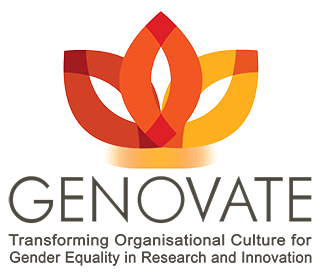 The GENOVATE Community is a platform which enables GENOVATE partners to share institutional information and case studies, and facilitates the coordination of a buddy system for bench learning.
The GENOVATE Community is a platform which enables GENOVATE partners to share institutional information and case studies, and facilitates the coordination of a buddy system for bench learning.
The GENOVATE Community consist of seven GENOVATE partner institutions; the GENOVATE International Advisory Board; key strategic collaborators and stakeholders and the general public. It is a mechanism designed to facilitate meaningful knowledge exchange across the community at local, national and international levels within each of the partner institutions’ countries, across Europe and globally.

CDT's Annual Report 2015 is now available on our website https://issuu.com/meland6/docs/cdt_2015_b
Explore our activities, results and be inspired! Innovation and gender related initiatives including GENOVATE are highlighted on several pages (see page 12, 18-19, 33).
Centre for Distance-spanning Technology (CDT) at Luleå University of Technology (LTU) is a research, design and innovation joint venture between the core partners, Luleå University of Technology and the IT industry. CDT has an extensive network covering private and public sectors, multinational enterprises and SMEs as well as academia and non-profit organisations. Gender mainstreaming at CDT started in 2008 to enhance innovation. CDT's innovation and gender platform supports staff and CDT partners with gender expertise, tailored tools, methods, best practices and consultation. CDT collaborate with 150 national and international partners meaning that CDT can make difference not only in our institution but in a wider context.
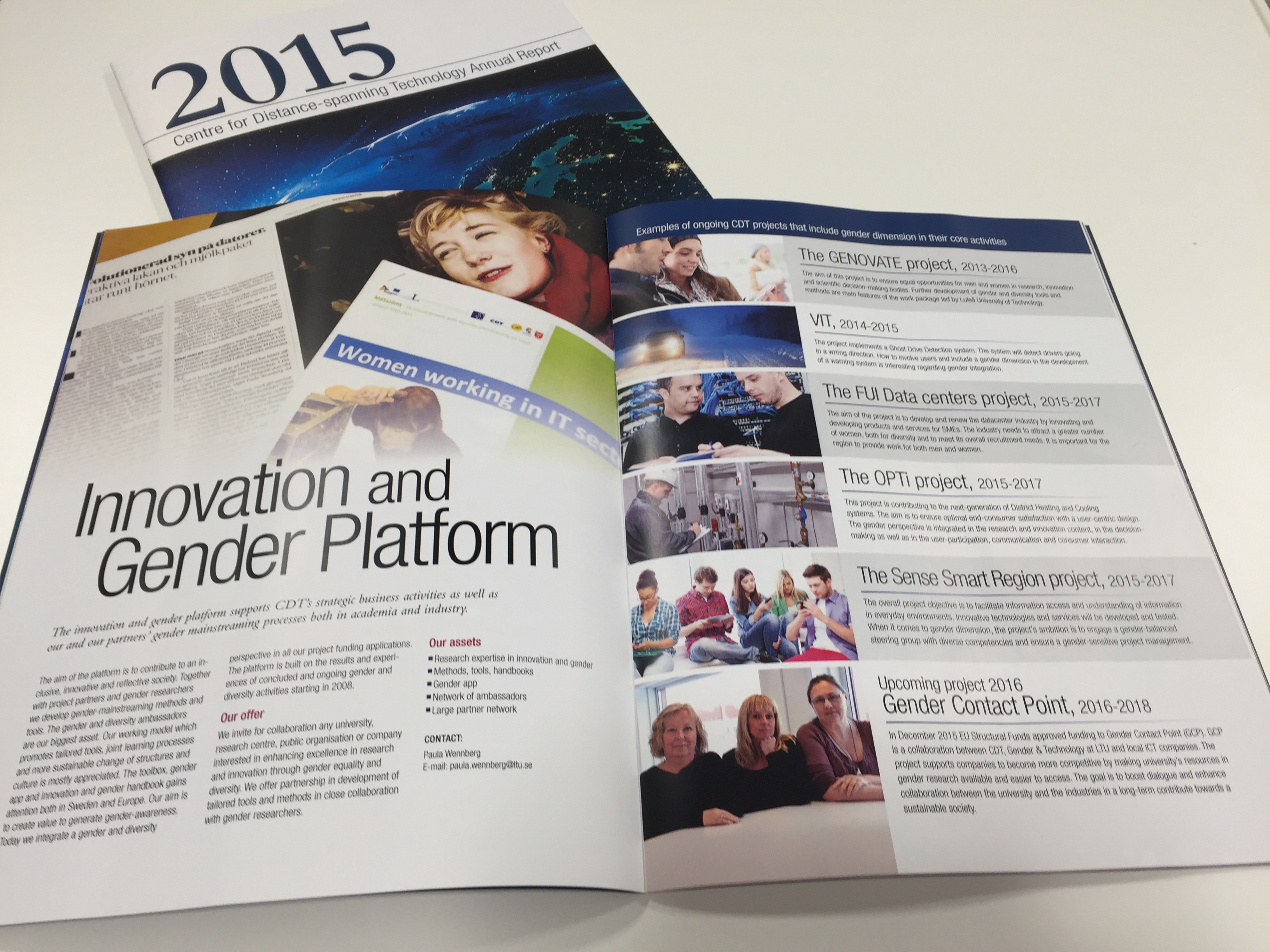

Workshop on how to integrate a gender perspective in research projects, programs and funding applications at the FESTA EU FP7 project conference on June 8, 2016 at Uppsala University, Sweden. Workshop facilitators: Ylva Fältholm and Paula Wennberg.
This conference with 50 participants from Swedish universities and funding agencies was organised by FESTA in collaboration with four EU FP7 sister projects: GENOVATE, GEDII, GenPORT and GenderTime.
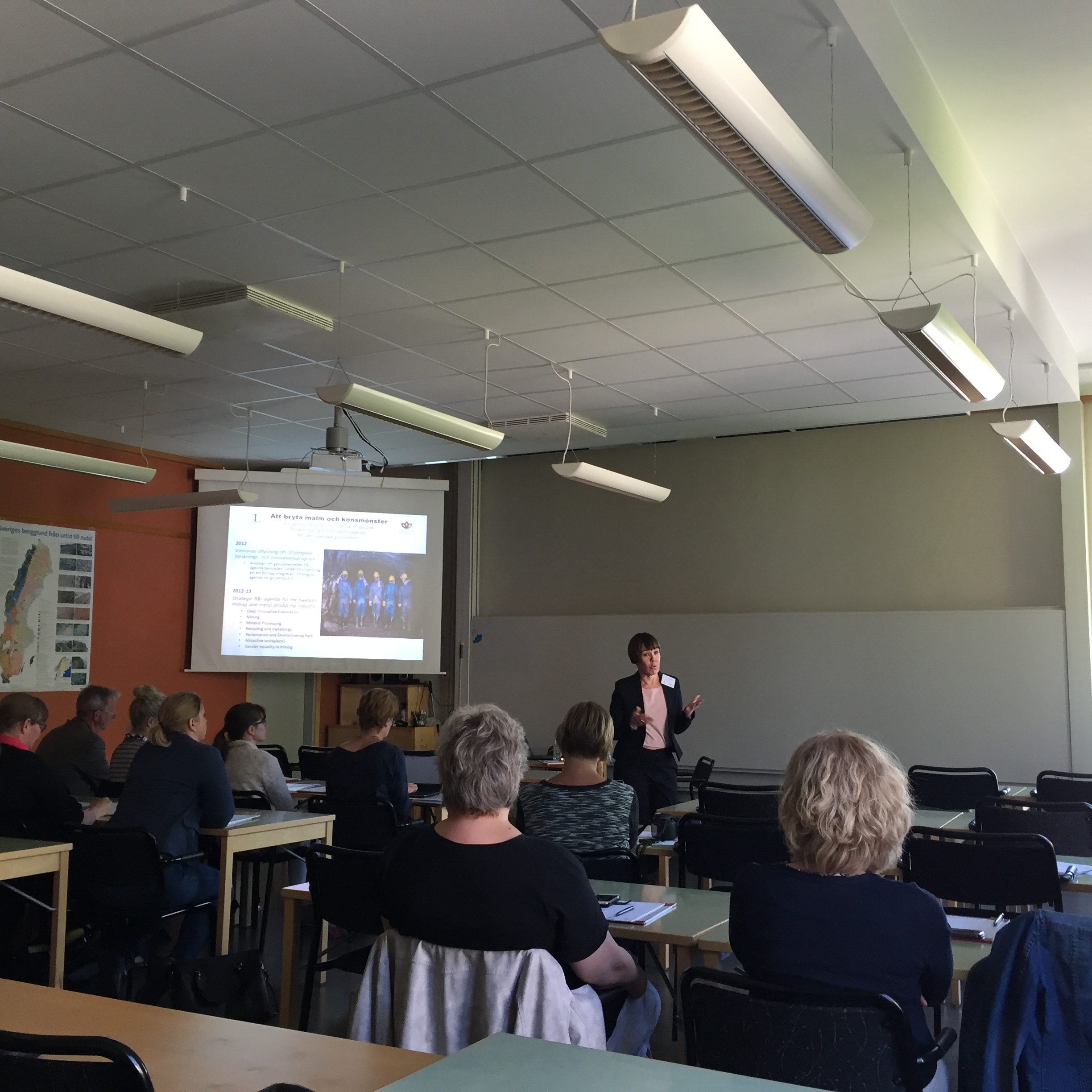
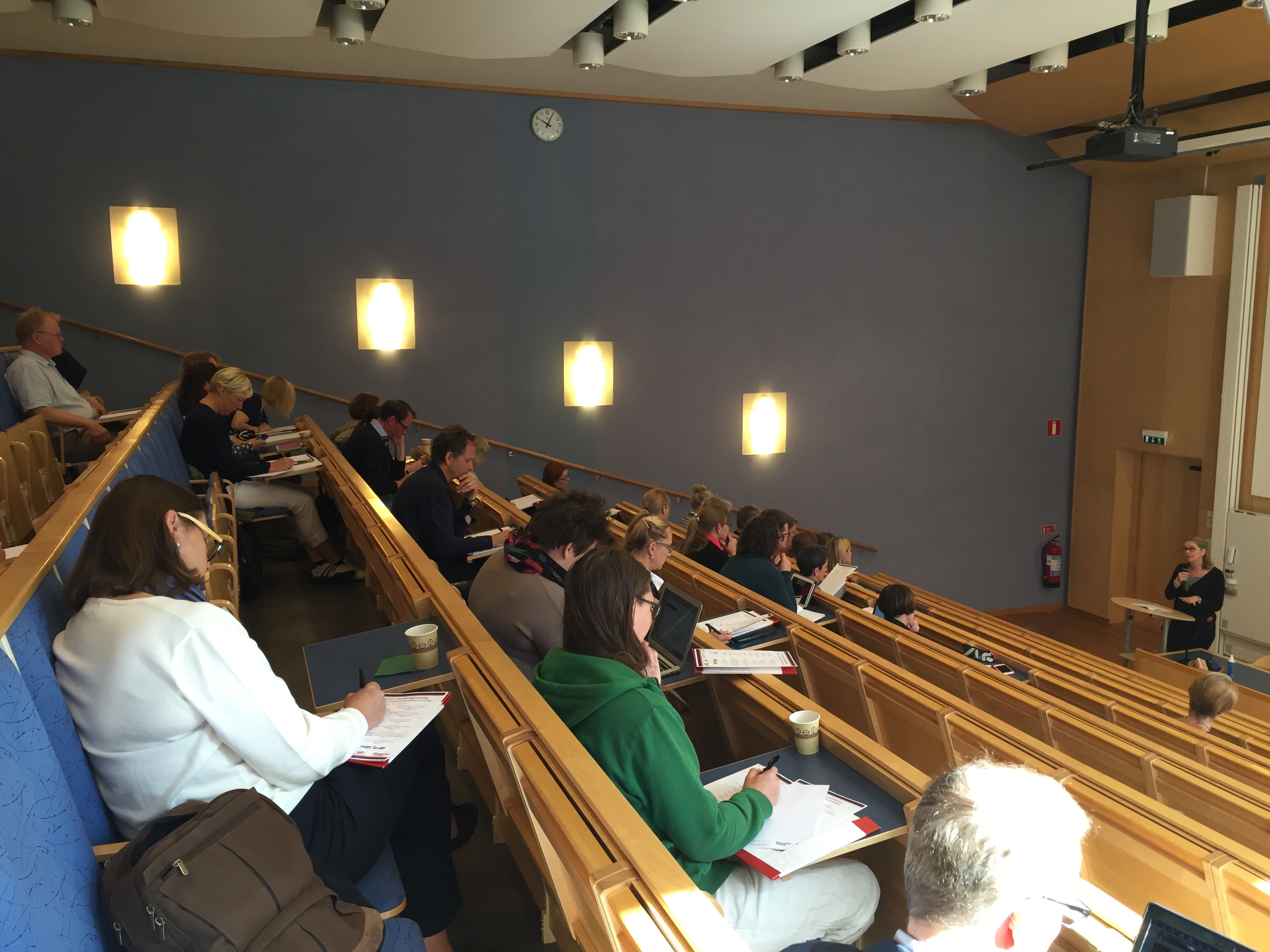
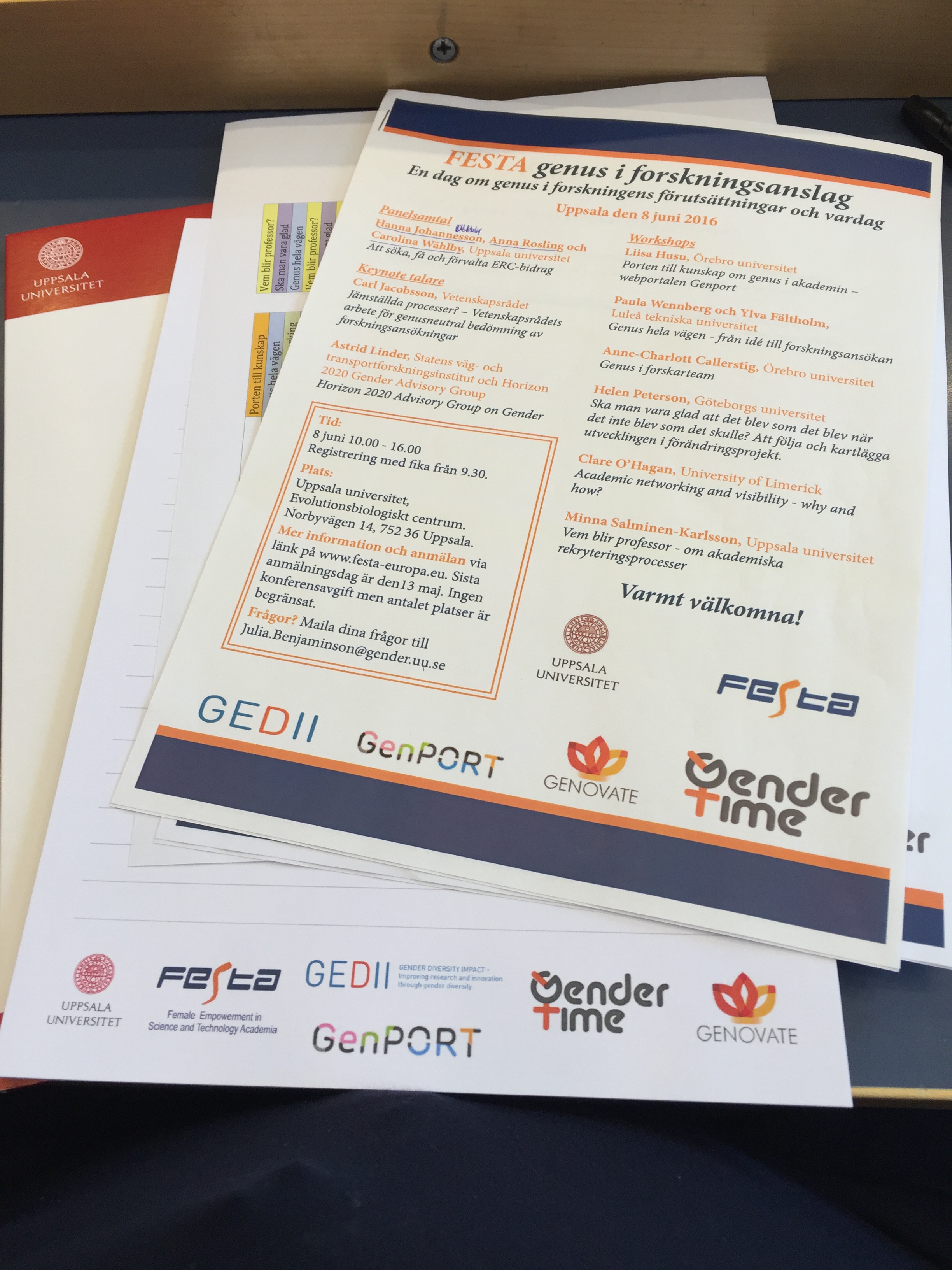

UNINA team has agreed with the UNINA FedOAPRESS, the institutional Publishing House of UNINA, to create a book series on "Gender, Science and Society", with the UNINA Gender Budget being the first volume of the series.
This book series aims to construct bridges among different perspectives on issues related to women’s participation in science and in academic professions and organizations in order to articulate a comprehensive treatment of similarities, differences and interactions through and within disciplines and research domains, while linking specific institutional mechanisms and dynamics to broader societal ones.
Three perspectives at least seem to be relevant to this aim: research on gendered societal relations; research on the social organization of science and academy; research on the globalization of the productive relationships and resources of science and techno-science.
The book series will host:
a) Research and theoretical works integrating the gender dimension in the study of systems of scientific knowledge production, transmission, transfer and communication, bridging women’s and gender studies with science, society and technology studies.
b) Studies about research evaluation systems and their differential impact on gender equity; studies that explore exploring criteria and procedures giving value to different dimensions of research quality and excellence; studies that value accounting for the contribution of diversity to in scientific knowledge production and development.
c) Quantitative analyses about women’s participation in science and academy; horizontal and vertical gendered segregation across and within disciplines; differential career paths and opportunities; proposals of gender-sensitive statistical tools and indicators systems; scientific and academic organizations’ gender budgets.
d) Qualitative inquiries into attitudes and behaviours of scientists and researchers related to gender climate and gendered practices in the labs and in research teams; related to the perception of the gender issue in science; related to the perceived relevance of the gender dimension in the production of scientific knowledge, in teaching practices, in knowledge dissemination, communication and use.
e) Research studies about career paths and their gendered structure and about practices aimed at changing structural mechanisms and implicit stereotypes playing against the underrepresented gender.

The network for Swedish EU research funding specialists organises a face-to-face meeting twice a year. This spring the event took place on May 17-18, 2016 at the University of Borås, Sweden. 85 network members from almost all Swedish universities and colleges participated in the meeting with focus on gender equality, ethics and open access in Horizon 2020. Paula Wennberg, LTU presented the GENOVATE project, Gender and Diversity Toolkit as well as how LTU integrates gender dimension in ongoing research and development projects. Latest updates from Brussels was provided by Johan Lindberg, Vinnova. Vinnova is the national contact agency for the EU Framework Programme for R&D.
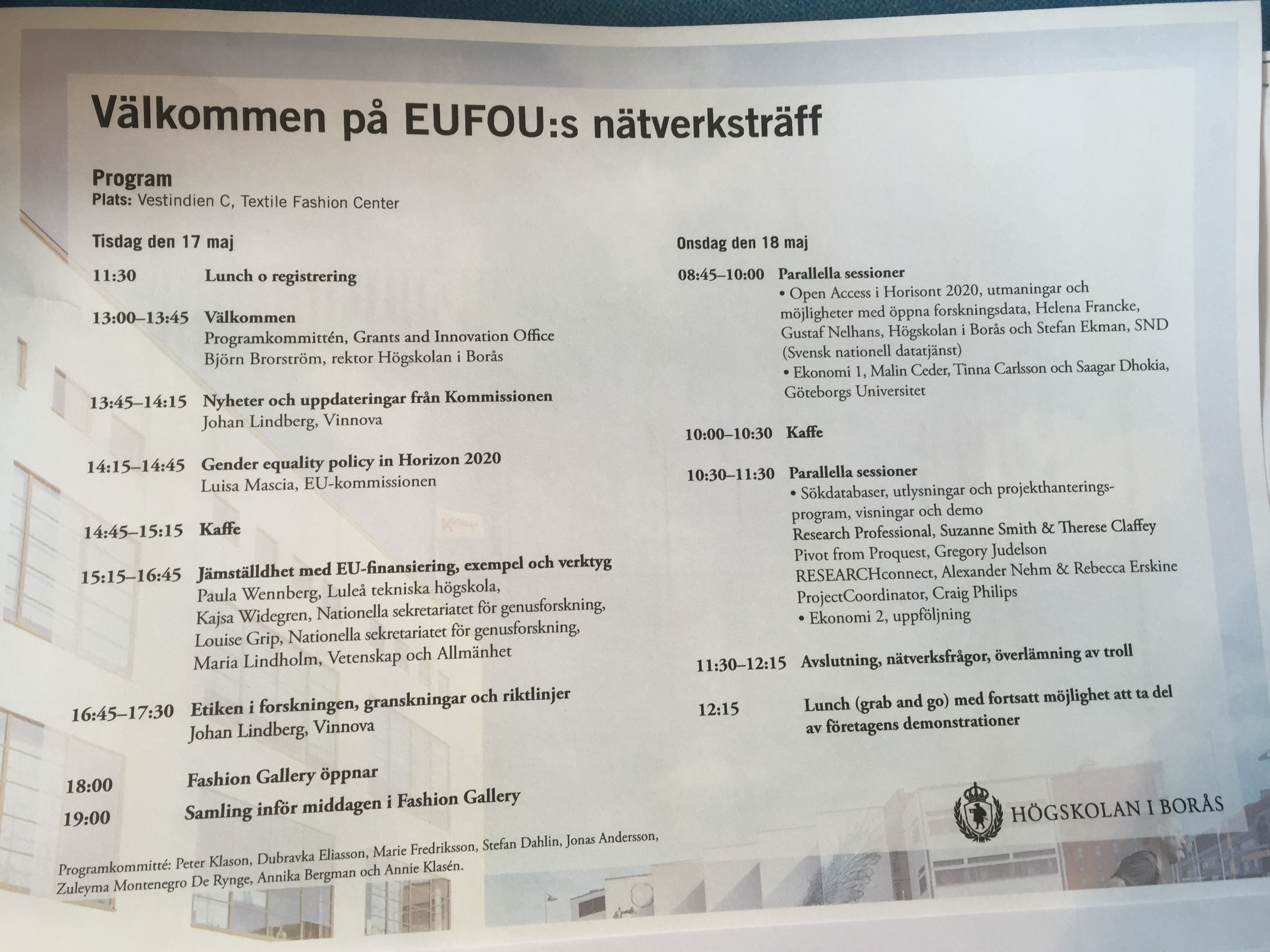
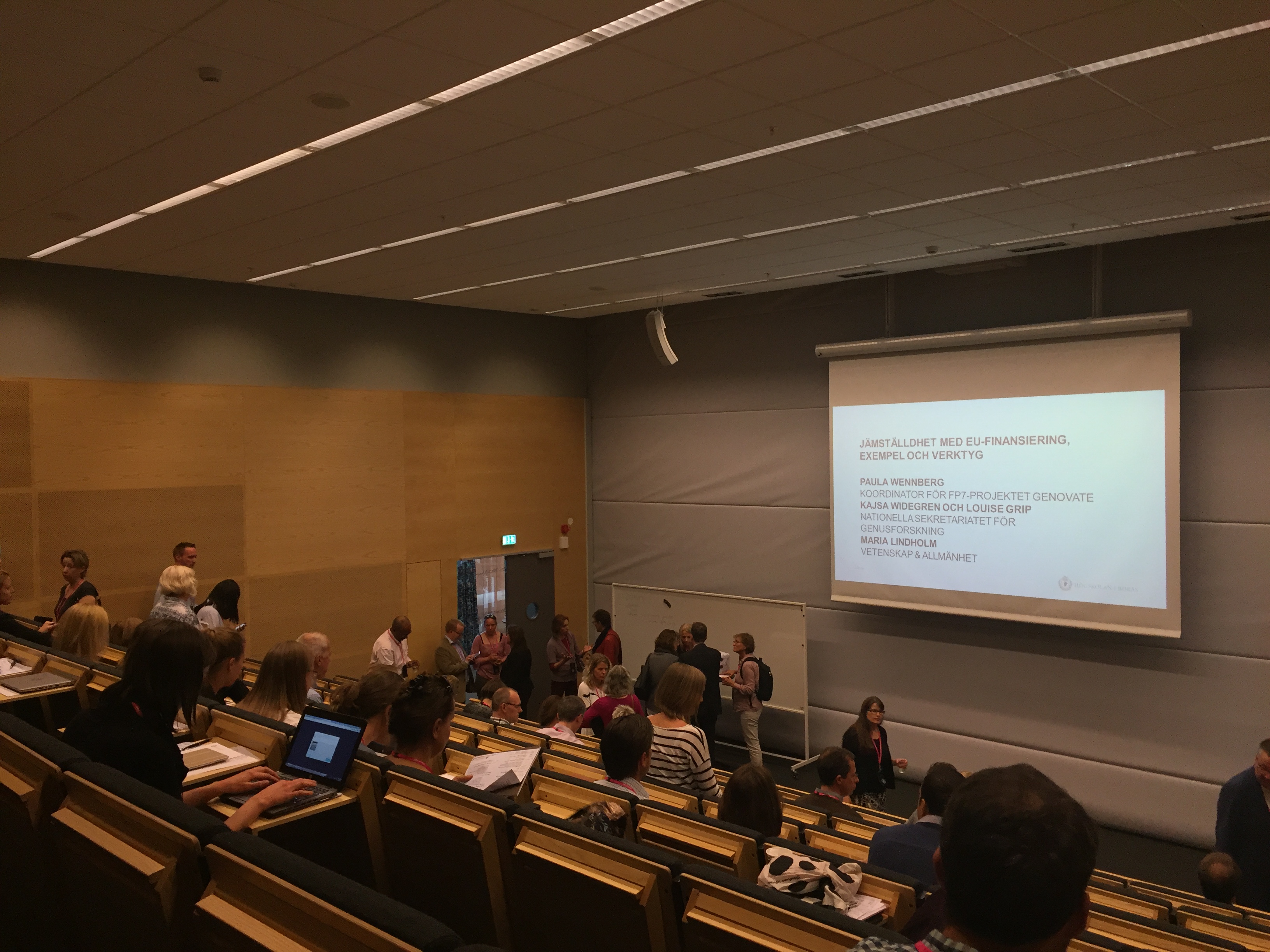

The FUI - datacenters project at Luleå University of Technology, Sweden aims to create a world leading region for datacenter establishments. This project has focus on development of the datacenter industry, based on the regional datacenter strategy that has been developed for the Northern Sweden. As women are still not choosing tech careers it limits the pool of qualified people available and this is one of the drivers of the project to strive for a more inclusive working environment in the datacenter industry.
The first action to integrate gender dimension in the project's core activities is the establishment of a gender-balanced management team with diverse competencies. The project has virtual bi-weekly management team meetings and once a month the management team meets face-to-face. Gender dimension is an agenda item at all meetings. Among other things the project focus on inclusive communication and the gender and diversity are addressed when carrying out interviews with companies. FUI is one of several ongoing initiatives at the university when trying to integrate gender dimension into the design, process, content and implementation of research and innovation.
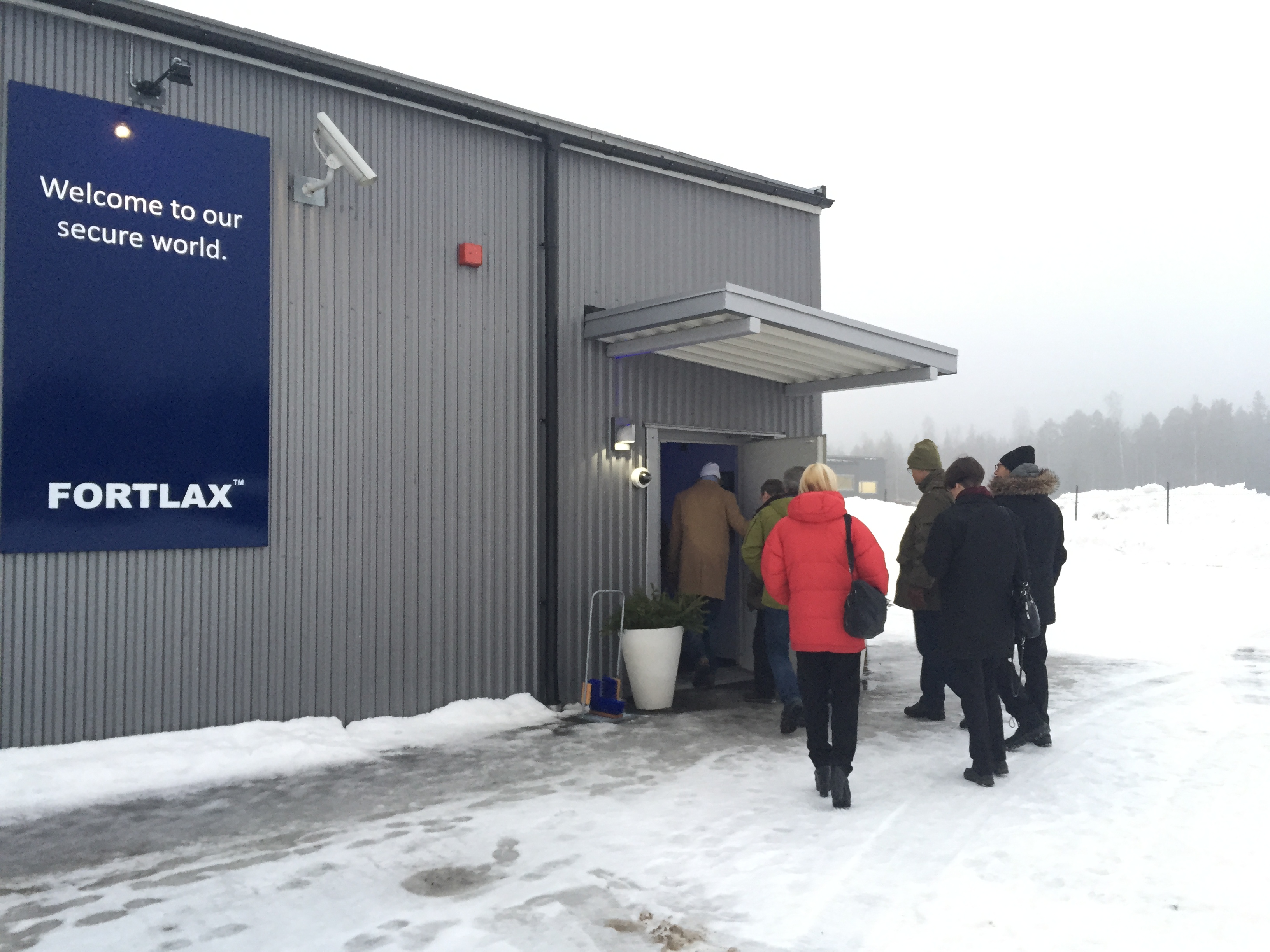

NEW HORIZONS IN RESEARCH MANAGEMENT - An excellent networking opportunity for research managers and administrators! The 22nd annual EARMA (European Association of Research Managers and Administrators) conference will take place in Luleå June 20-22, 2016.
The GENOVATE LTU team will be there! Welcome to meet us in the following slots:
TRACK 2: Responsible research and innovation
GENOVATE – how to implement a gender-aware and sustainable recruitment process in academia
June 21, 2016 (15:15-16:15)
Chair: Paula Wennberg
Speakers: Carina Mattsson and Maria Hjelte
TRACK 2: Responsible research and innovation
GENTOOLS - How to integrate a gender and diversity perspective in innovation systems
June 21, 2016 (16:45-17:45)
Chair: Ylva Fältholm
Speakers: Paula Wennberg and Arne Gylling
The full programme, more information on the conference, as well as on how to register, available here: http://www.earmaconference.com/
Powered by Multicategories for Joomla!2.5